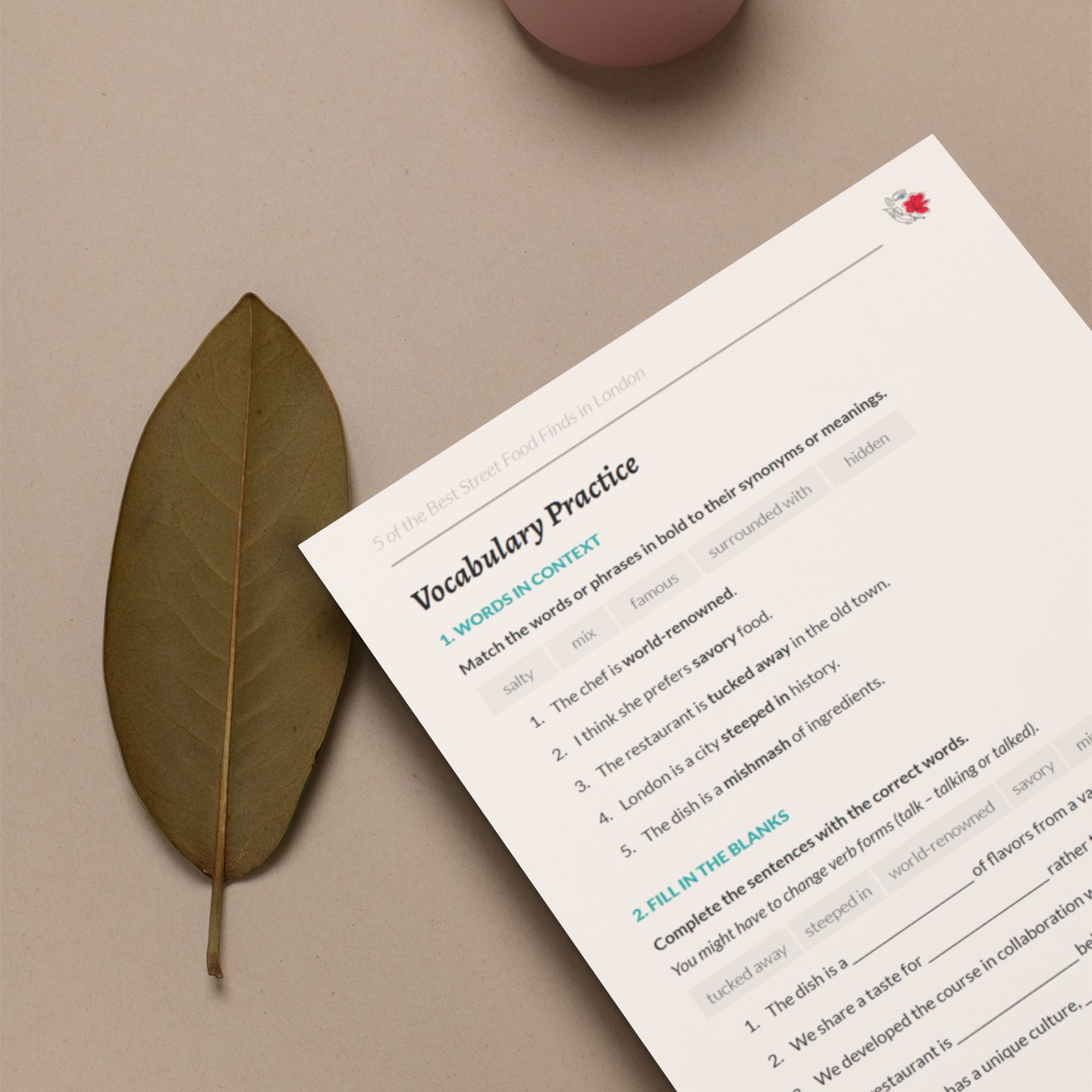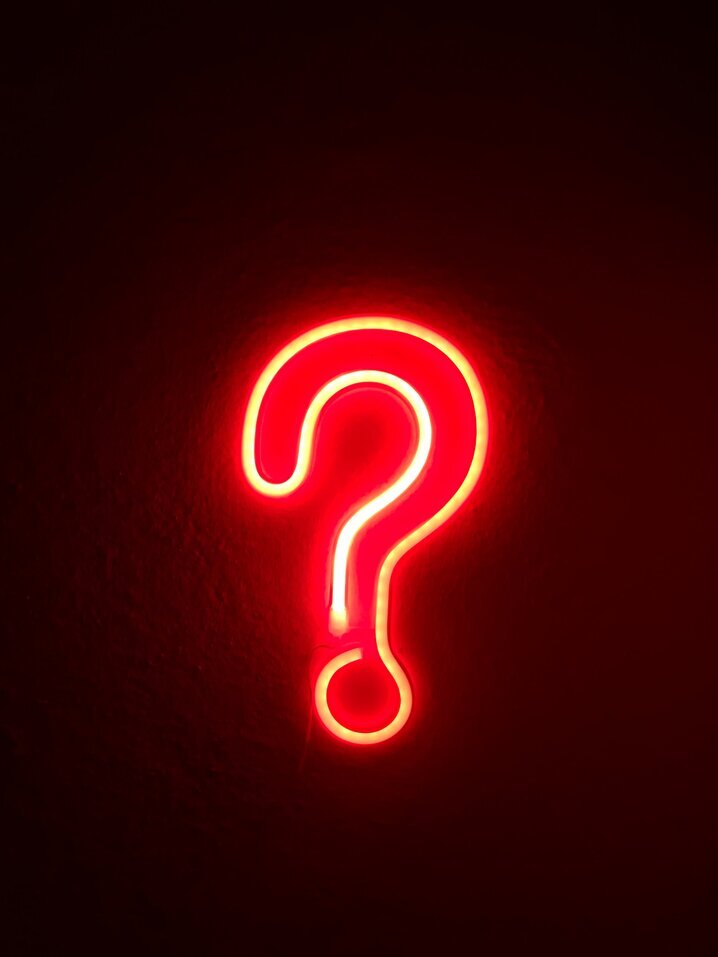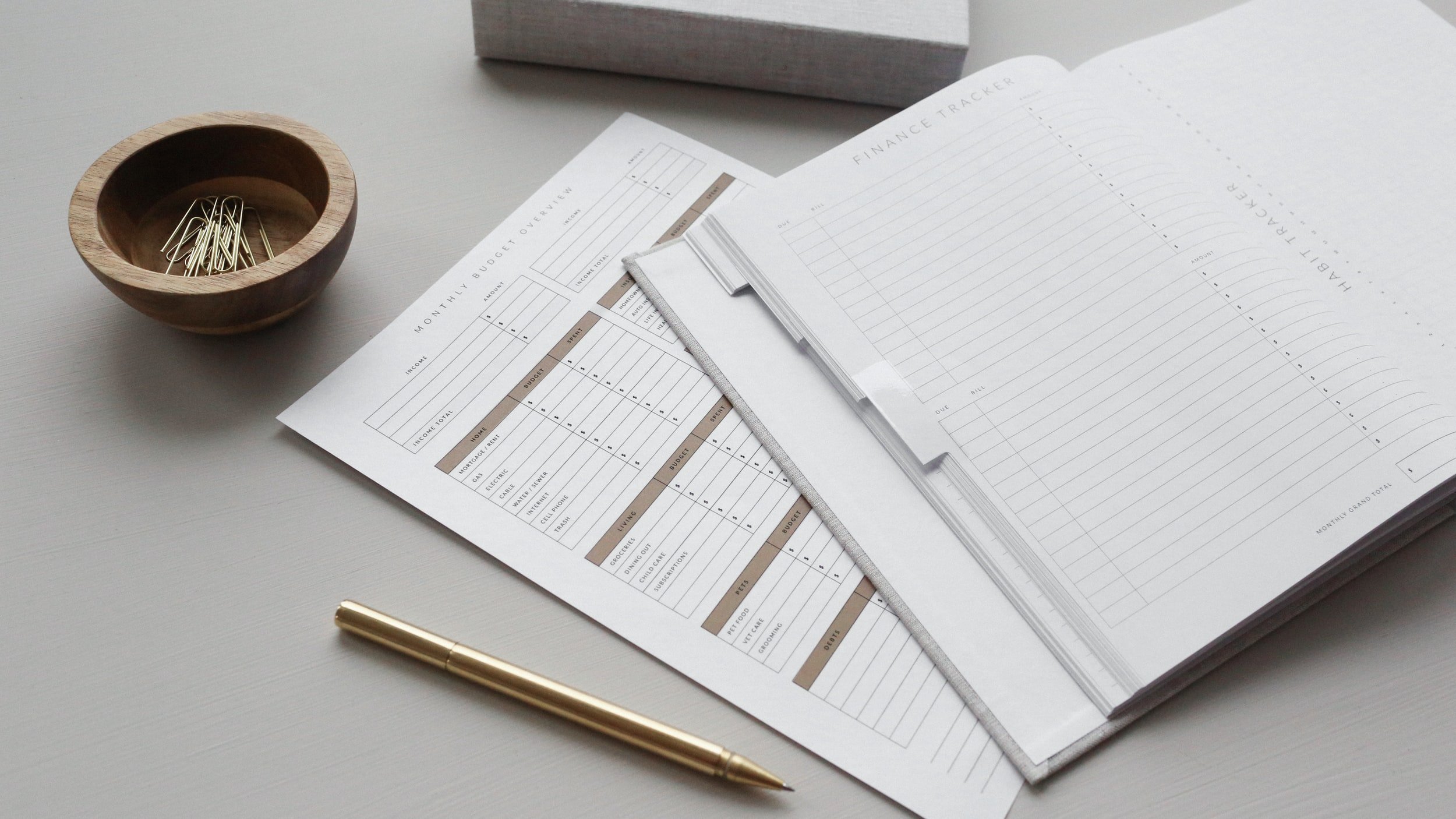What's the Difference Between Can and Could?
If the two modal verbs can and could sometimes have you confused, you’re not alone! My students ask me about these two words all the time.
If you’re like my students, you probably wonder sometimes, “What’s the difference between can and could?”
It can be confusing, and part of the reason is that we use both can and could to talk about abilities and possibilities.
But here are the biggest differences between can and could:
We only use can to talk about current skills and abilities and being allowed to do something in the present, and not could.
We only use could to talk about past skills and abilities, and not can.
We use can to talk about a real, strong possibility, or something we believe to be a general truth.
We use could to talk about a weak possibility, or something that only might happen.
Now, you know there’s always more to the story when it comes to grammar, so let’s get into more details about can and could and the differences between them:
How to use can
How to use could
Can vs. could to talk about availability
Can vs. could to talk about possibilities in the future and past
Can vs. could for making requests
Can vs. could in reported speech
So, if you want to keep reading and learn about the different ways that we use these two modal verbs, let’s dive in!
Teaching English Just Got Easier!
Save hours of time with an organized collection of high quality, easy-prep ESL lesson plans and worksheets right at your fingertips!
HOW TO USE CAN AND COULD
How to Use Can
Let’s start by focusing on the ways we use the modal verb can.
“Can” to talk about abilities and skills in the present
We use can to talk about things that we’re able to do in the present - For example, when talking about talents or skills we have:
I can hold my breath for one minute.
She can organize any mess.
They can sing so well!
“Can” to talk about what you’re able to sense, understand, or remember in the current moment
We use can to talk about being able to see, hear, or understand something right now. We often use this to check in with someone if we think they might not be able to hear us or see us:
Can you see me? I think our video connection is bad.
I can’t hear you. Can you speak up?
She can’t understand you. You need to speak more slowly.
I can’t remember the name of that restaurant.
“Can” to talk about being allowed to do something
We also use can to talk about being allowed - or not being allowed - to do something:
You can’t sit there. That seat is reserved.
We can’t eat those cookies. Those are for the guests.
They can park in the garage across the street.
How to Use Could
Now let’s take a look at some of the ways we use the modal verb could.
“Could” to talk about past skills and abilities
When we’re talking about abilities or skills in the present, we use can, but in the past tense, we have to use could:
She could play anything written by Mozart on the piano.
I knew a guy who could write perfectly with both of his hands.
Our last manager could get anyone to work together.
“Could” to talk about seeing, hearing, or understanding things in the past
We also use could to talk about seeing, hearing, remembering, or understanding things in a specific moment in the past:
I could hear you, but you couldn’t hear me.
He couldn’t remember where he put his keys.
Could you see them from the balcony?
Learn more: How to Use Modal Verbs in the Past.
“Could” for making suggestions
We often use could to make polite suggestions, especially when someone asks for advice:
You could try using honey instead of sugar.
We could order in tonight.
Maybe we could meet for dinner?
“Could” for emphasizing strong feelings
We sometimes use could when we have strong feelings of joy or anger, and we want to show the strength of our feelings by saying what we could do because of how we feel. For example:
I’m so tired I could cry.
You look so mad you could explode.
I’m so happy with you I could kiss you!
“Could” to show that we’re annoyed
Sometimes when we’re really annoyed with something a person has done, we use could to express what we think what they should do or should have done. In this case, we can use could or could have:
You could have told me you were coming!
She could at least tell you she’s sorry.
He could have told me he wasn’t interested.
Can vs. Could to Talk About Availability
We use can to talk about availability to do things, or when we’re not available:
I can’t come tonight. I’m sorry.
She can print that document for you.
He can pick up the groceries tonight.
But when we talk about availability in the past, we don’t usually use could. We use the phrase was able to or the negative form couldn’t:
I’m sorry I wasn’t there. I couldn’t come.
Janet was able to be there on time.
Can vs. Could to Talk About Possibilities in the Future and Past
We have to use can to talk about things that sometimes happen. For example,
It can get pretty hot here in the summer.
This house can feel really creepy at night.
We also use can to talk about something that we think of as a general truth. In this case, we often use can be:
We all know Paul can be annoying.
The people here can be pretty rude sometimes.
However, we use could to talk about something that might happen:
You could get in big trouble with him for leaving work early.
He could hurt himself if he skateboards without a helmet.
And we have to use could have and not can to talk about things that might have happened in the past if things had been different:
I could have picked up some dinner if I had known you were coming home.
We couldn’t have afforded the ticket to Paris even if we had the time off.
Can’t Have and Couldn’t Have to Talk About Disbelief
We can use the structures can’t have and couldn’t have when we don’t believe something is possible.
We sometimes use can’t have when we can’t believe that something happened in the way that someone explained it to us:
He can’t have climbed all those stairs to the top. There are thirty floors!
They can’t have made it to New York in under two hours. It’s too far away.
We often use couldn’t have when we don’t think a situation in the past is possible or likely:
He couldn’t have known what time it was. He didn’t have a watch.
She couldn’t have been the killer. She was out of town.
Can vs. Could for Making a Request
We use both can and could when we’re making a request, and the meaning stays the same. But, can is a bit more direct - and less polite - than could.
So, if you’re in a formal or professional situation, if you’re with people you don’t know very well, or if the favor you’re asking is a big one or sensitive one, it’s probably better to use could:
Could I invite my boyfriend to dinner?
Could you walk me home?
Could you please repeat that last thing you said?
You should reserve can to ask your close friends or family for something:
Can you hand me my water bottle?
Can you get him to come over?
Can you remember to pick up the kids?
Can vs. Could in Direct Speech and Reported Speech
We can use direct speech and indirect speech to repeat what someone says. Direct speech is always shown in quotation marks. Here are some examples with can.
“I can make us breakfast,” said John.
“We can bring the champagne for the mimosas,” said Amy.
In indirect speech, which is also called reported speech, we don’t need quotation marks, but we have to change the tense of the speech that was originally in quotation marks to a past version. So, in this case, we have to use could instead of can.
John said he could make breakfast.
Amy said she could bring the champagne for the mimosas.
Learn more: A Quick Guide to Reported Speech
Common Structures With Can and Could
A lot of the mistakes you might be making with can and could might come from mixing up common structures with can and could.
Common structures with can
Can + hardly
We use can hardly to emphasize our excitement, disbelief, or annoyance:
I can hardly wait to see you!
I can hardly imagine that she would say that.
I can hardly stand her these days.
Can’t + even
We use can also use can’t even to express disbelief or a feeling of annoyance:
I can’t even be around her anymore.
He can’t even drink coffee these days.
Can + only
We use can only when an event or someone’s behavior is so unbelievable that we feel we can’t really understand it:
I can only imagine what she’s thinking about right now.
I can only guess what they’re going through.
Common structures with could
Could + at least
You can use could at least when you’re annoyed with something a person did, and you want them to do something to make it right:
You could at least replace the cake.
We could at least help them fix the window we broke.
Could + always
We use could always when we’re making a suggestion or giving advice about another person’s options, especially when they’re in a difficult situation:
I know you lost it your ticket, but you could always buy another one.
You could always sell your record collection. I bet it’s worth a lot.
Could + easily
We often use could easily when we want to talk about how likely or possible something might be for a person, especially when we’re giving them advice:
You could easily make more money somewhere else.
She could easily get a job at that company.
How to Practice Using Can and Could
Write a personal story: “What I could do then and what I can do now.”
Write a short personal essay reflecting on when you were a child and who you are now. What were some of the amazing things you could do as a child that you can’t do now? And vice versa! What are some of the amazing things you can do as an adult that you couldn’t do then?
Write a murder mystery
Do some research about a famous murder mystery or a historical crime, and imagine you’re the detective investigating it. Try to use can, could, can’t have, could have, couldn’t have, or could easily to put the clues together and try to solve the crime, or imagine different scenarios.
You can write it out as a story, a dialogue, or you can share it and discuss it with a teacher or friend.
Just be sure to have fun and make mistakes with it! You’ll get the difference between these two modal verbs faster if you do!
About the Writer
Marta is an online ESL teacher who works with students from around the world. As a writer, language nerd, and content contributor for In English With Love, her mission is to empower English learners with knowledge and positivity.
















